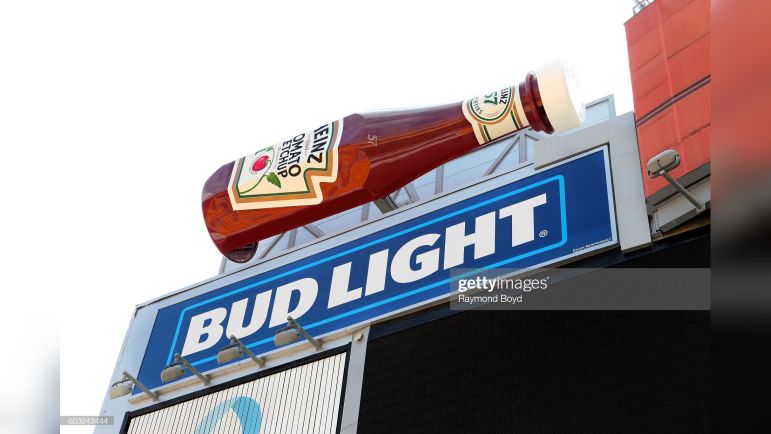There are many in Pittsburgh, and among Steelers fans around the world, who simply do not have the stomach to or muscle memory to call their home field Acrisure Stadium. It was called Heinz Field for two decades as part of a 20-year, $57 million stadium naming rights agreement with Kraft Heinz, which expired after the 2021 season.
Acrisure, an insurance company, bought the naming rights for reportedly between $10-20 million per season over a 15-year period. But they probably don’t mind as much as you might think if fans still want to call it Heinz Field.
Because they know what Acrisure is now, and perhaps even what they do. That was the purpose of the deal, which Steelers minority owner Thomas Tull helped to orchestrate. Tull and Acrisure CEO Greg Williams had a business venture in an insurance company together, which Williams eventually bought Tull out of and folded into Acrisure.
Williams told Ryan Deto of the Pittsburgh Tribune-Review that he is actually a lifelong Steelers fan, though he has attended far more road games—he is a Michigan native—than he had at either Three Rivers Stadium or Heinz Field. But he’s been to every home game he could make it to since the deal.
And he welcomes the re-introduction of one of the Heinz ketchup bottles to the stadium this year after Heinz worked out a deal to rename one of the gate entrances. And the Heinz Red Zone will remain, as well, inside the stadium.
“I don’t have any problems with the ketchup bottles”, he said, a statement that is obviously about more than decor. “Any mention of the ketchup bottles with the Acrisure name attached, good or bad, was good with me. If it is a good thing for the Steelers, it is good for us”.
Heinz Field was certainly a catchier name than Acrisure Stadium, and calling something one thing for decades is hard to let go. Even the Steelers’ PR staff occasionally slip up and accidentally refer to the stadium as Heinz Field in press releases.
But to paraphrase Shakespeare, a stadium by any other name would smell sweet as long as the team inside of the stadium is winning games. The Steelers do need to start doing more of that, admittedly. And the more they take care of business inside the stadium, the less people will care what it’s called.
Williams got what he wanted, which was name recognition for his company. The Steelers got a naming rights deal that is actually relevant to today’s market, even if it still falls short of the compensation that some other teams fetch for theirs. Heinz had a chance to pony up the money, but it declined to triple what it was previously paying, which was a tremendous bargain.








